No products in the cart.
“
![]()
"A handful of leading companies have highly efficient operating mechanisms, strategy deployment methodologies, and talent management approaches fine-tuned over many years, often decades. If your organization lacks such maturity, 80/20 provides a powerful, scalable, and replicable model that will permanently reshape how your business is run in less than 18 months. Trust the process, and you will discover the true potential of your business. In From Panic to Profit, Bill shares the recipe with compelling and practical examples of successful 80/20 implementations. A must-read."
Peter Hakanson
President, Powersports Europe




